What comes to mind when you think about the maximum amount of love a parent can have for their child?
For me, I think of Dick Hoyt pushing his son Rick, who had cerebral palsy, in a wheelchair through the Ironman World Championship course. I think of the parents of Nick Vujicic, born without arms or legs, raising Nick with confidence, and cheering him on as he became an international motivational speaker. I think of the mother of a child with Down Syndrome, choosing each day to recognize the absolute gift of their child. I think of the parent at the dinner table comforting a child upset by a ‘C’ on their report card.
Noor Siddiqui, founder of Orchid Biosciences, sees things differently. In a recent interview with The New York Times, Siddiqui made it clear that the “maximum amount of love and care” a parent can have for their child comes in the form of choosing which child they would like to bring into the world prior to their birth – a choice that is now possible through genetic selection technologies that screen for traits like susceptibility to disease, height and even IQ.
Genetic selection technology is becoming more advanced and widely available. Orchid Biosciences, as well as other companies like Herasight, Nucleus Genomics and Genomic Prediction each offer services that take cells from IVF-created embryos, and run the DNA of those cells through databases that link gene patterns to certain outcomes. Each embryo is given a “polygenic score,” which is basically a probability estimate for different traits. Parents are then shown a chart giving them information like “Embryo A will likely be the tallest, Embryo B has the highest predicted IQ…” and so on. After this, parents choose which embryo to implant based on these scores.
At the societal level, what can we expect as this technology becomes more mainstream? To start, we must consider the quasi-eugenic consequences of genetic selection – how choosing certain traits could, over time, reshape the population. As parents begin to choose only those embryos who will have higher IQs, other parents will fear their children will be left behind, gradually creating social pressure to select for higher IQs, and marginalizing children with lower scores. Genetic selection advocates argue that screening for these traits is a matter of parental autonomy, not a matter of government control. Thus, the improvement in the intelligence of the human race would resemble governmental eugenicist experiments, but because the motive is private rather than state-directed, it resembles eugenics in effect, if not in intent.
Even if genetic selection remains voluntary, the cost – ranging from $6,000 to $50,000 – means that only the wealthy could afford these advantages. Over time, this economic barrier could turn into a genetic divide, with the rich consolidating genetically superior traits like IQ, creating a new type of caste system in which the less affluent fall behind, with little chance of rising the ranks with the passing of each generation. Any dwindling form of meritocracy would thus transform into an aristocracy. When asked about these implications, Siddiqui does not shy away from the concern: she hopes that “we’ll be able to mobilize enough excitement… so that it’s something that’s going to be covered for everyone.”
In other words, widespread genetic selection could very well create a new caste system – unless society mandates universal access through government programs mimicking socialism.
But let’s say the government did decide to step in and pay for genetic selection for all. And let’s even say that this goes economically and politically well. Where does this leave the family unit? Where does it leave each individual child?
Sophocles once said that “no one loves the child for what he will become, but because he is already theirs.” Parental love is unconditional affection, protection, sacrifice and commitment. Genetic selection, however, brings a child into the world with a set of conditions and expectations. If a parent selects an Embryo B because of Embryo B’s predicted IQ, what happens if Embryo B turns out to be not so smart after all? It’s hard to comprehend how immense the psychological pressure will be for a child to live up to the person his parents chose him to be.
When a child is chosen through control rather than accepted as a gift given through love, children become commodities and a means to an end for their parents. Love is characterized by service to another, but by allowing only those children we choose to come into the world, we risk treating children more as extensions of our will than as gifts to be loved.
Even if we screen for certain attractive characteristics, we cannot select for the very qualities that make someone a force for good or evil in the world. We cannot screen out traits like pride, greed, cruelty, apathy and delusion. We cannot choose traits like kindness, integrity, humility, perseverance, hope and courage.
We can select embryos predicted to be the healthiest, strongest or smartest – but can the parents, who feel compelled to screen their children, truly raise them to use those gifts for the flourishing of humanity?
The new eugenics dilemma
Genetic selection technology is becoming more advanced and widely available

Team Hoyt crosses the finish line of the Boston Marathon (Getty)
What comes to mind when you think about the maximum amount of love a parent can have for their child?For me, I think of Dick Hoyt pushing his son Rick, who had cerebral palsy, in a wheelchair through the Ironman World Championship course. I think of the parents of Nick Vujicic, born without arms or legs, raising Nick with confidence, and cheering him on as he became an international motivational speaker. I think of the mother of a child with Down Syndrome, choosing each day to recognize the absolute gift of their child. I think…










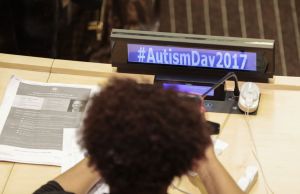
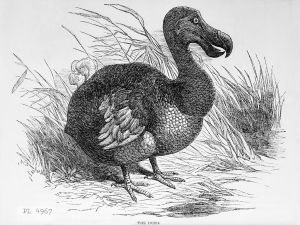
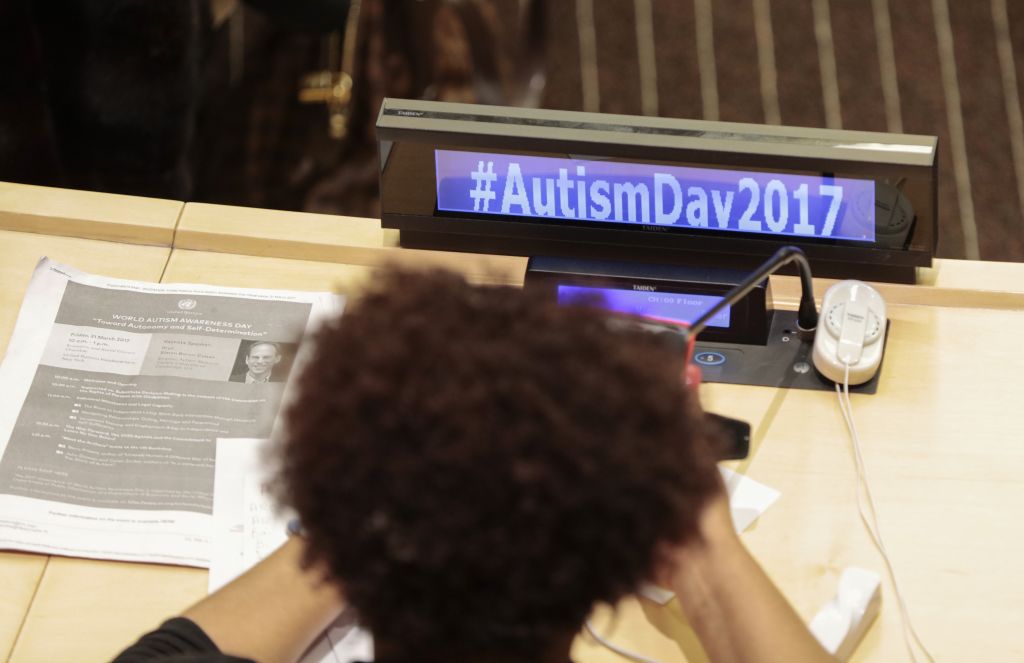
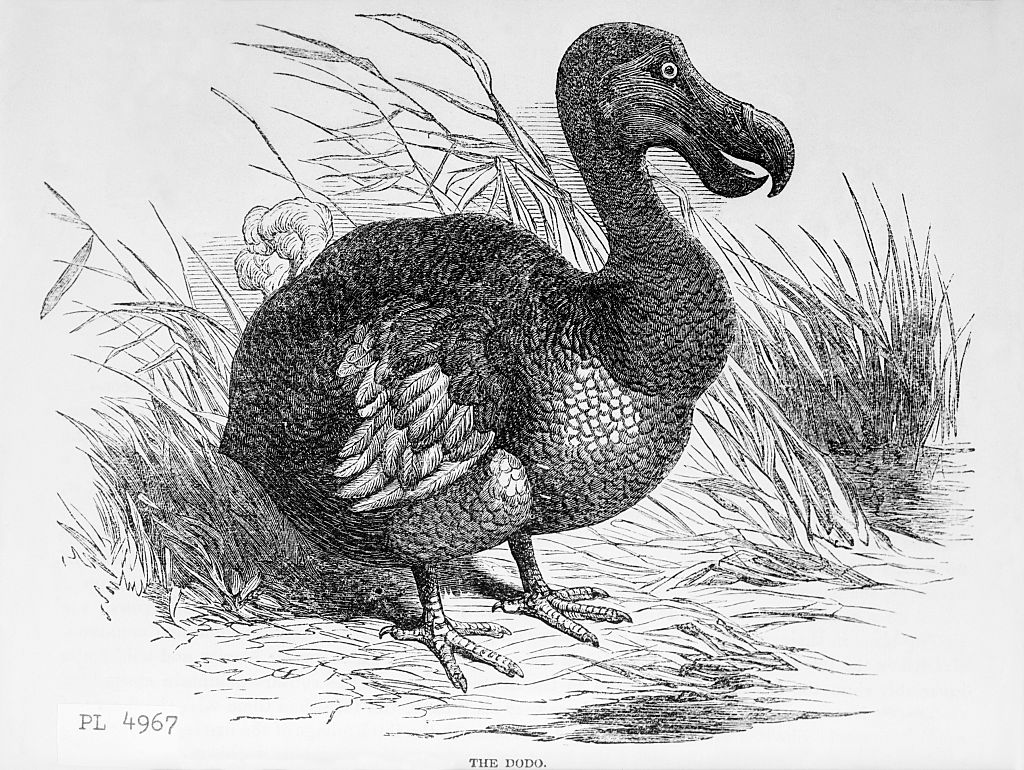

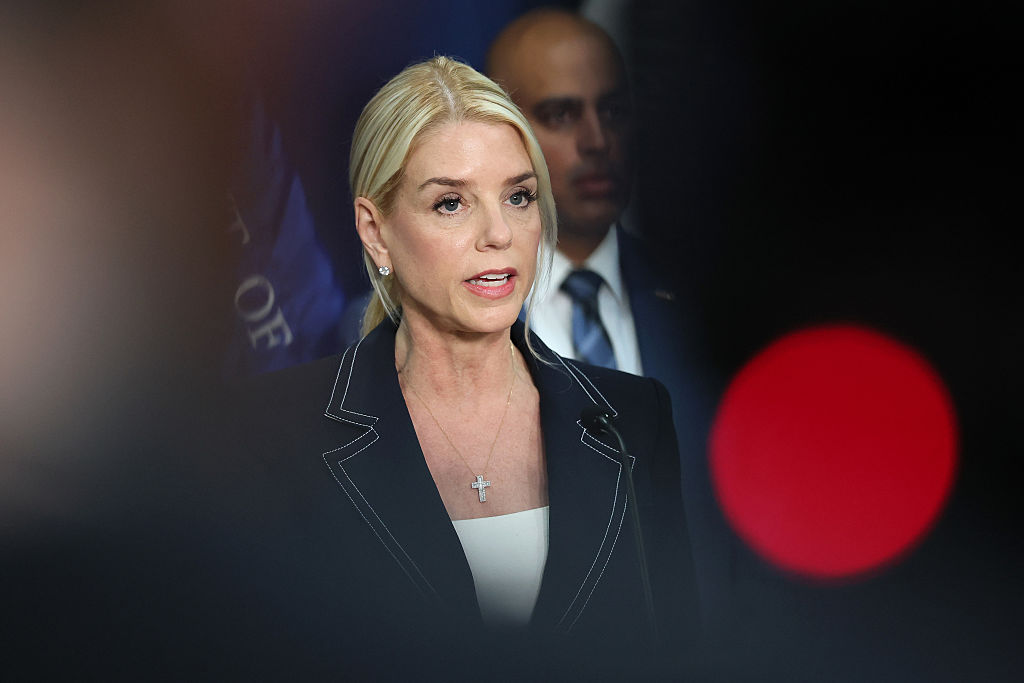
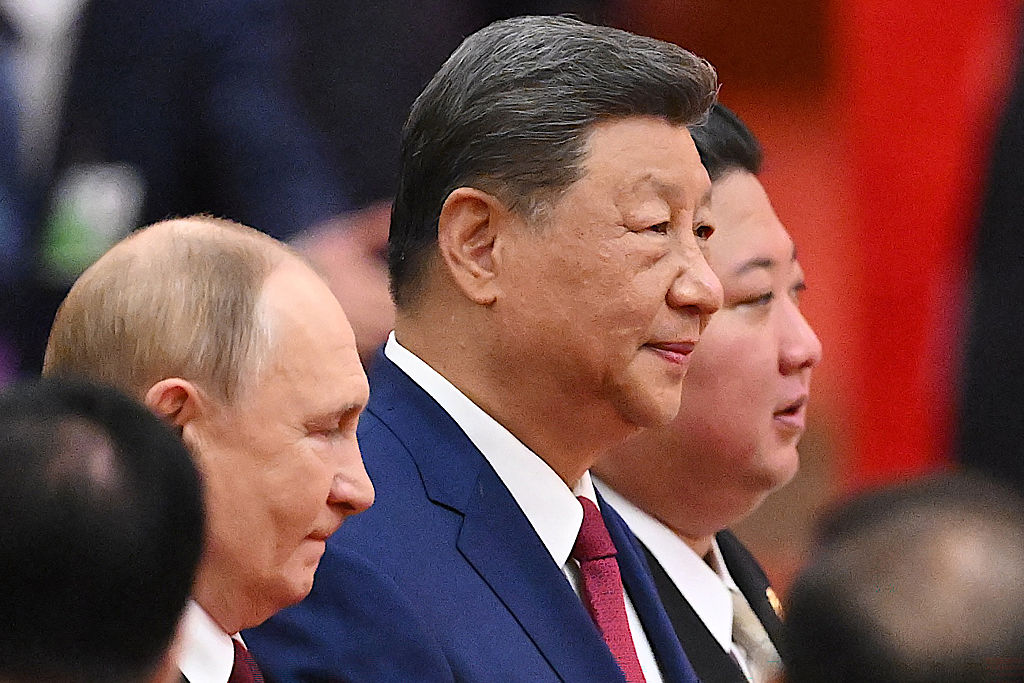








Leave a Reply